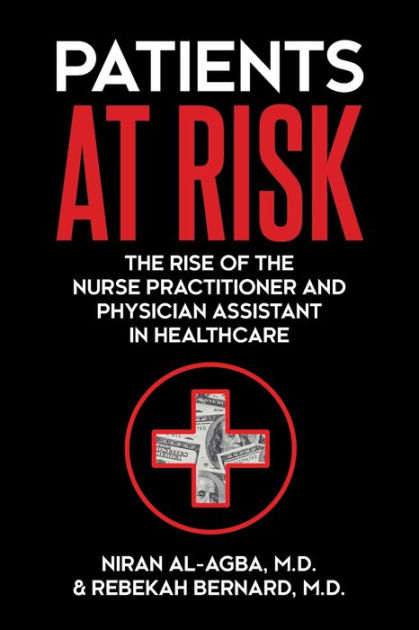Here 50 minute therapy is between 100 to 150. Insurance reimbursement is less than that. Versus 4 med check. Please walk me through the numbers
I. Looking at actual numbers from the past years, with some admittedly bad math, and some outdated CPT spreadsheets, because I'm doing other things and that's what I have in front of me:
a. CPT 99213= $50.52. Per descriptor, 99213 should usually last 15 minutes. I am assuming that transitioning from patient to patient takes at least 3 minutes. That makes 9 minutes of transition per hour, and 45 minutes of services. for a total of 54 minutes per hour. 3X$50.52= $151.56/hr. Yields approximately $1057.00 for a 7 hour day. Add in an hour of admin work, charting, phone calls, pre-auths, etc after the end for an 8 hr day. Never seen someone get paid for that stuff, but what do I know?
b. CPT 90837= $127.51. Statistically this is the most commonly used psychotherapy CPT code. Descriptor says length is between 52-60 minutes of service. I am assuming 3-8 minutes to transition between hourly patients is roughly equivalent to the transitions between 3 med checks.
c. $151.56- $127.05= $24.05/hr differential.
d. That same timeframe, I could perform neuropsych testing on one patient while having a technician testing another patient in a separate room. 7 units per day for each of us is approximately $1259.00/day. Less $20/hr to the tech who gets a paid lunch, yields approximately $1099.00 for the day. That practice structure gets you better hours, payment for a lot of admin work, has almost no malpractice risk, and almost zero call ever.
e. Comparing the finances of those, if you did 7hrs of rxp work, you'd make approximately $1060 gross (3 units of 99213 per hour, yields approximately $151.52/hr, X 7hrs is approximately $1,060.00.). In neuropsych, that same 7 hr day with one tech would yield approximately $1099 . Therefore it's about $40/day better to be a neuropsych .
II. Now, I know you're saying that you can work harder and see
FOUR 99213s, or throw in the odd 99214. That's fair. Let's compare that to actually working hard in neuropsych.
a) 4 units of 99213 at $50.52 per unit= $202.08/hr. You'd likely need a scribe and/or staff to help, as the documentation requirements for 99213 include at least a few vitals and one mention of the MSK system. Let's say you cheap out, get some poor MA for $10/hr, and you never have to pee, and never eat, and you have no overhead. You work a 10hr day. That grosses approximately $2020.80 for the day, less $100.00 for the MA, leaving you about $1920.80, or $9604.00 for the week, or $460,992.00 for the year, assuming 48 weeks working per year ( 2 weeks vacation, one week sick time, one week CME time). Daaaaaaaaaaang, baller. Not bad for someone before overhead.
b) Let's compare that to having 3 neuropsych techs. I bring in 10 new patients on Monday, interview all of them, add in a brief neuro exam. I get $969.90 for that day. Techs each test a patient for 7 hours, which includes scoring after the patient is gone. Three tech can process 10 patients in about 3 days, with one or two of them taking over a slow patient on a 4th day. That takes care of Monday, Tuesday, Wednesday. They can be repurposed to do scheduling, or admin work, or marketing, or talk crap about me behind my back, and still have an hour lunch break. Their work yields approximately $1602 per day, or $8010 per week, less $2400/week for $20/hr at 8hrs/day , 5 days per week for their pay. "Net" is about $5610.00/week. Notice we haven't even talked about what I am doing after Monday? I have 10 new patients a week. Let's say I am a god, and can write reports in 3hrs. So that is 30hrs of report writing, which yields approximately $2908.00 per week , in addition to my work on Monday's, for a total of $3878.00 for my own work. Total is approximately $9480.00 per week, or $455,500 per year, after paying staff's hourly, but before other expenses including payroll and overhead. That makes Monday a 10hr day, and Tuesday-Friday 8hr days. Still not even really working hard.
c) Comparing those two practice areas: Revenue for working 10hr days in rxp yields approximately $460,992.00. Revenue for working 10hr days in neuropsych=$455,578. Approximate annual increase in gross income for rxp= $5,400.00 per year. Or about 1%.
d) If you're wise, you're gonna mention hiring a PA, or NP as a counter argument for why you can make a ton of money. That's not a bad argument, but it's not accurate. Psychologists don't really have extenders that can work independently like that. We can have techs administer stuff, but we have to see the patients, face to face, and we have to write everything.

 www.barnesandnoble.com
www.barnesandnoble.com


